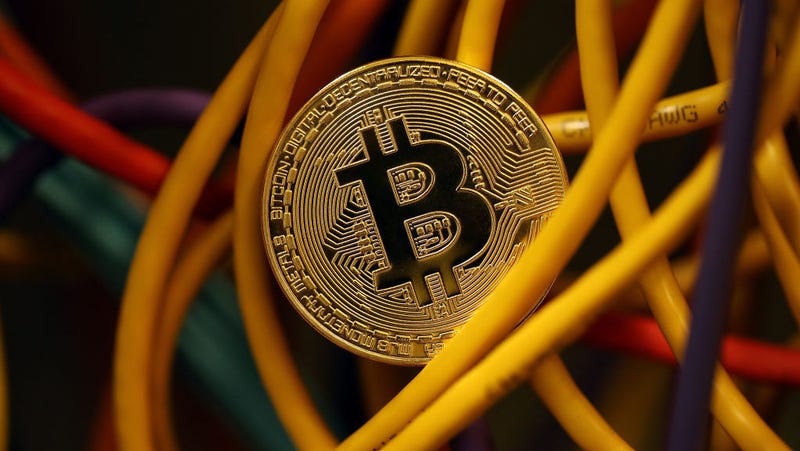Child Pornography That Researchers Found in the Blockchain Could Threaten Bitcoin's Very Existence
 Photo: Getty
Photo: GettyWhile the practical and financial viability of the Bitcoin blockchain is still an open question, new research shows that the whole thing could already be illegal in most countries. Researchers in Germany discovered that the ledger system that provides the backbone for Bitcoin contains hundreds of links to child pornography and at least one image thought to be child pornography.
The team from Germany’s RWTH Aachen University presented their new paper at a conference in Curaçao recently, and their findings have the potential to derail the entire multi-billion dollar blockchain industry.
Individual blocks in the overall “chain” store records of transactions and can potentially store small notes or files—often the notes are just used to acknowledge what the transaction was for. The researchers set out to study the approximately 1,600 files that were stored on the blockchain at the time. (We say, “at the time,” because more files may have been added recently, not because those 1,600 files might be gone. The idea of the blockchain is that the ledger is permanent.)
The team found that 99 percent of the files consisted of either text or an image and a relatively small number of files contained sexual content—only eight. But one of those files was identified as a pornographic image of a subject who was likely underage. Two other files contained a total of 274 links to child abuse, 142 of those links directed to the dark web.
The researchers write, “our analysis shows that certain content, e.g., illegal pornography, can render the mere possession of a blockchain illegal.” According to the paper, 112 countries prohibit the possession of child pornography and of those countries, many have other restrictions that prohibit the distribution of that kind of material.
Most blockchain models work like the original Bitcoin system. A distributed ledger is maintained by various systems acting as a node. Bitcoin miners, businesses, or just enthusiasts run a node that updates the full ledger routinely throughout the day using Bitcoin software. The miners receive newly created bitcoins by using their computers to essentially guess the solution to a complex equation, the first miner to guess right wins and a new block in the chain is created. The larger system is protected from fraud and remains consistent as the nodes verify the different versions of the ledger being sent out and agree on the overall record of transactions. That’s where the problem with child pornography comes in.
The blockchain system needs all of these nodes to consistently download and upload the latest versions of the ledger; this is the fundamental idea of the decentralized network. The fact that small files can be stored in a block is one of the primary reasons that blockchain supporters believe it will have a transformative effect on various industries. Contract agreements, for example, could be signed and uploaded to the blockchain for verification. All of the various strangers in the network rely on the decentralization and math to keep everyone honest, and the ledger theoretically needs to contain the entire history of transactions forever.
As the researchers note, “Since all blockchain data is downloaded and persistently stored by users, they are liable for any objectionable content added to the blockchain by others,” which is likely true under many countries’ laws. The researchers continue, “Consequently, it would be illegal to participate in a blockchain-based system as soon as it contains illegal content.”
This is all new information about a problem that hasn’t really been debated very much. As the Guardian points out, Interpol warned in 2015 that the blockchain has the potential to spread malware files, but the issue of child pornography is more explosive by orders of magnitude.
It’s possible that core developers behind Bitcoin and other blockchain models will devise a workaround for this sort of rare incident. But for now, cryptocurrency opponents have a new weapon in their arguments.